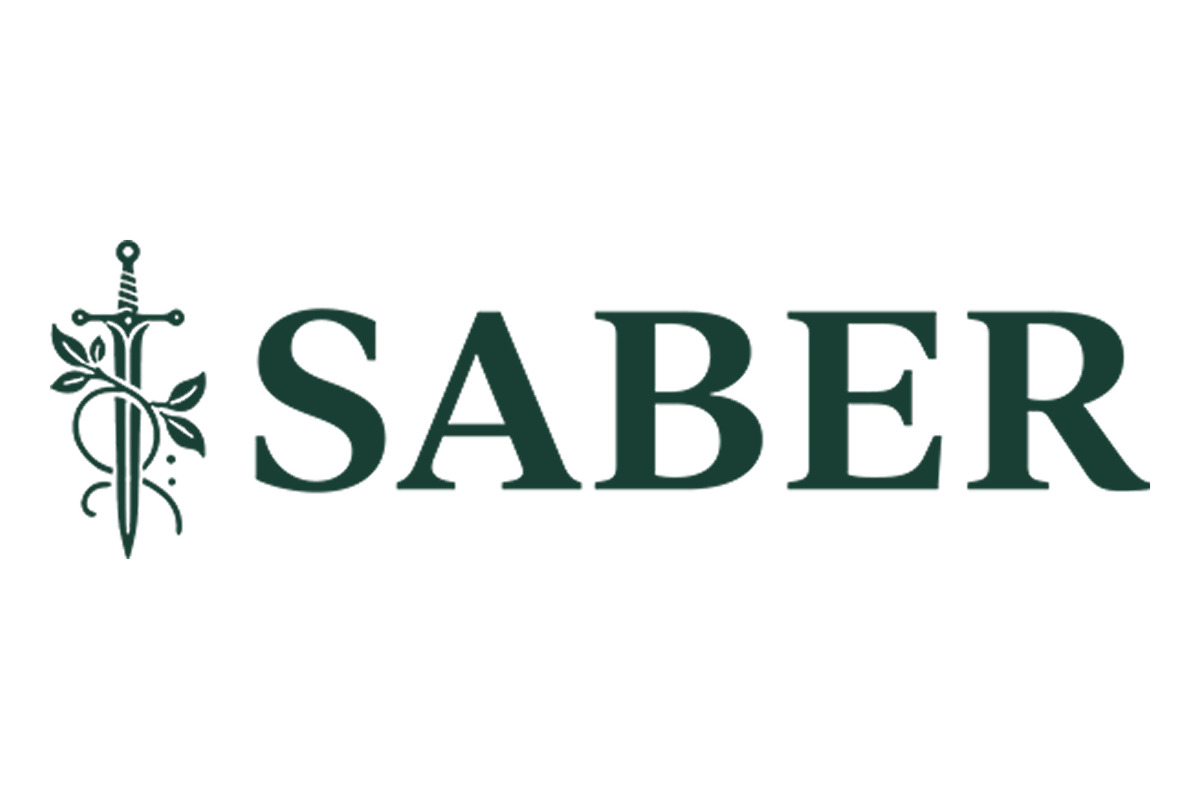The Scientific Association for Botanical Education and Research (SABER) applauds recent legislative efforts by states, including Texas, North Carolina, Virginia, and Arkansas, to curb the sale of synthetic hemp-derived cannabinoids such as delta-8 THC, delta-10 THC, THC-O, and HHC. These substances, while marketed as hemp-based, are typically produced through chemical conversion and pose significant risks to public health and regulatory integrity.
“We support the states that have taken a decisive step forward by recognizing that chemically synthesized cannabinoids present unique dangers when sold without oversight. SABER strongly supports this science-based approach and urges other states and federal regulators to follow suit,” said Dr. Thomas Brendler, Steering Committee Member at SABER and plant medicine scientist.
Public Health & Market Risks
Despite their “hemp-derived” label, most delta-8 and related products are not naturally extracted but chemically converted using solvents and acids. Without proper oversight, these methods leave behind potentially toxic byproducts.
Independent analyses and federal reports have revealed that many of these products:
- Exceed legal THC limits or contain undisclosed compounds.
- Are marketed to minors with candy-like packaging that lacks child-resistant safeguards.
- Contain residual solvents, heavy metals, and synthetic byproducts.
The FDA has logged hundreds of adverse events, including hospitalizations of children experiencing hallucinations, seizures, and loss of consciousness.
Why Texas Matters
Texas has emerged as a key battleground state in shaping the national hemp economy, which analysts estimate could surpass $18 billion by 2030. The state’s actions to restrict synthetic cannabinoids signal a broader recognition: the unchecked gray market created by the 2018 Farm Bill loopholes threatens not only consumer safety but also legitimate agricultural and botanical industries.
Texas’s leadership underscores the need for a consistent, science-based federal framework. Without it, responsible businesses are forced to compete with unregulated operators selling unsafe products.
SABER’s Science-Based Framework for Regulation
SABER calls for a balanced approach that distinguishes between safe, natural hemp derivatives and risky synthetic products:
- Ban or strictly regulate chemically converted cannabinoids.
- Require GMP-compliant manufacturing.
- Mandate clear labeling, batch traceability, and child-resistant packaging.
- Invest in public education campaigns to ensure consumers understand the difference between botanical hemp and chemically synthesized compounds.
- Protect access to non-intoxicating, full-spectrum hemp products with transparent supply chains.
“Consumers deserve safe, clearly labeled, and honestly marketed botanical products, not a shadow market of chemically manipulated substances designed to skirt the law,” said Dr. Paula Brown, Steering Committee Member at SABER and Director of Natural Health & Food Products Research at the BC Institute of Technology.
About Scientific Association for Botanical Education and Research (SABER)
Media Contact
Paloma Lehfeldt
info@saberscience.org


